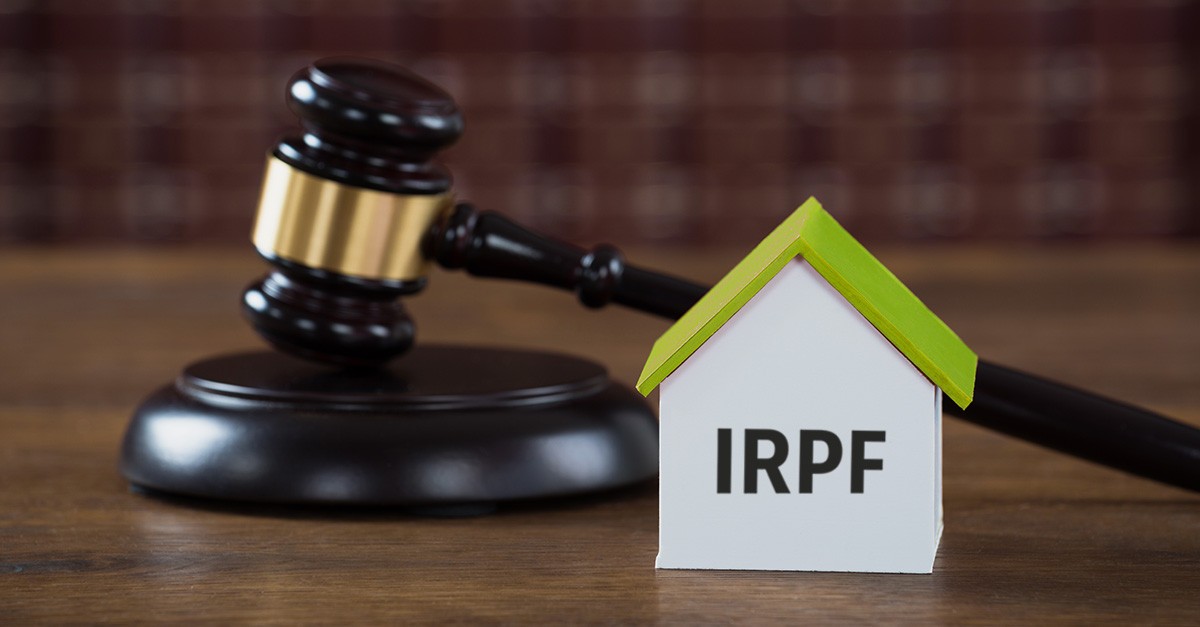
Good news for anyone with a rent-to-own property in Spain – the Spanish Supreme Court has declared in a recent ruling that money paid for a rent-to-buy home scheme is tax deductible in the IRPF tax declaration for investment in property.
This means that the High Court takes this type of lease to be a type of construction of the taxpayer’s permanent residence, i.e. the payment of money to the developer. It considers it as the purchase of a main residence is being in both cases, so that you, as the taxpayer, can benefit from the deduction for the purchase. Just be sure you check the right box when filing your tax returns in Spain.
Although the state-wide deduction for investment in a main home was abolished as of 1st January 2013, there are still deductions in some Autonomous Communities of Spain that taxpayers can apply to the amounts they pay in each year for the purchase of a house.
"Let us remember that, with effect up until 1st January 2013, Article 55 of the Personal Income Tax Regulation associated the purchase of a home to its construction, when the taxpayer meets the expenses derived from the construction works or pays the amount due to the developer. This is provided that such works were completed within four years from the start of the investment," says José María Salcedo, partner of the law firm Ático Jurídico.
The Supreme Court clarifies that the renter’s intention to eventually buy the house must be clear, since only then is it possible to consider that when each monthly rental fee was paid, they were actually paying towards ownership of the home.
In the case resolved in the ruling of the High Court, the taxpayer in question had signed a contract with a cooperative, by which he assumed the commitment to exercise the right to purchase after 10 years of renting the house.
During this period, each "partner" in the cooperative was jointly responsible for the part of the mortgage corresponding to the property finally transferred. The payment of this mortgage was made through the rent. For its part, the cooperative was contractually obliged not to transfer the property to any person other than the co-operator, provided that the latter complied with the payment of the rent. This is in accordance with a Decree approved by the Community of Madrid that articulated various legal instruments for the purchase of real estate in Spain.
"All this leads the Supreme Court to conclude that the attribution of the rented home was made with the intention of acquiring it as property, so that the amounts paid as rent were payment for the purchase of the property. In my opinion, this ruling opens the door for us to consider that, in the case of rentals, when the intention to acquire the property is undoubted, the amounts paid should be considered under the tax option "acquisition of housing" (“adquisición de vivienda”). This holds true even before the renter has exercised their right to buy," says Salcedo.
What now for taxpayers in Spain with a leasing option?
Salcedo says that, at the national level, taxpayers will not be able to benefit from this deduction even if they began paying for their rent-to-own home before 1st January 2013.
However, the Supreme Court ruling does open the door for various Autonomous Communities to apply regional deductions for investments in a main residence. "It seems possible to consider as money paid towards the purchase of housing, not only that paid of a straight purchase transaction, but also those paid while the lease lasts," adds the lawyer.
For example, taxpayers who signed a let-to-buy contract in 2015 and plan to finally buy the property in 2020 may consider the lease payments they are paying to be purchase payments. They could then apply the autonomous deductions that could correspond to them in the IRPF, in accordance with the regulations of the Autonomous Community where they live.
If any regional deduction was not applied in previous years for lack of knowledge about this tax loophole, it may be possible to request the rectification and refund of taxes from the last four years, José María Salcedo points out.